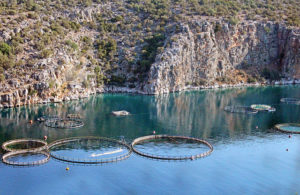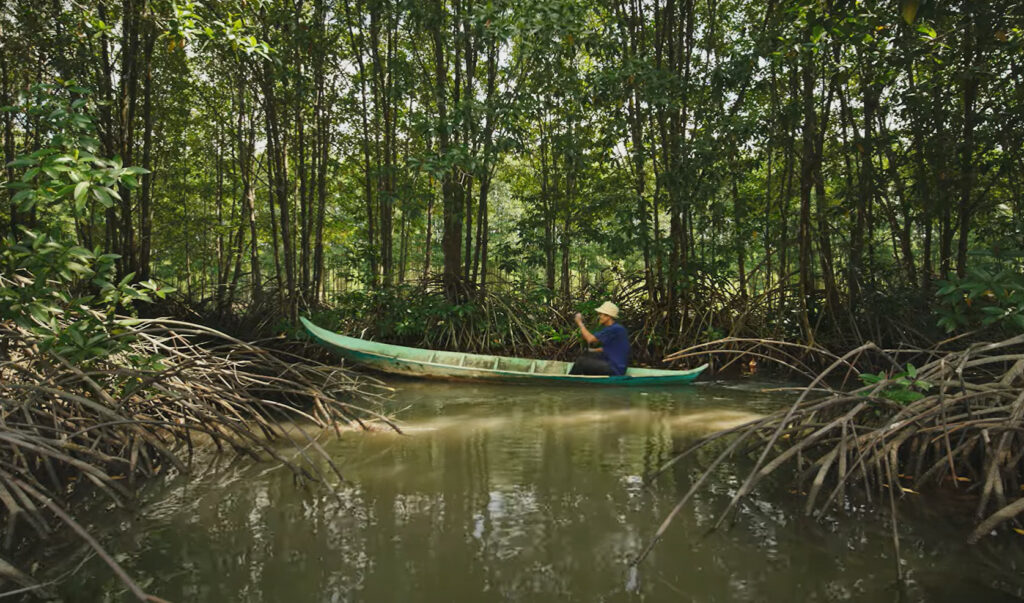Barton Seaver and the Most Asked Aquaculture Question
We asked experts in the aquaculture world the question they’re asked most frequently. During the final few days of National Seafood Month, we’re here to share their questions, and more importantly their answers.
 GAA: What’s the aquaculture question you’re asked the most? How do you answer?
GAA: What’s the aquaculture question you’re asked the most? How do you answer?
It’s a thinly veiled statement that most often gets posed as a question, really. “Isn’t wild better than farmed seafood?” People who ask this question generally already believe caught seafood is better and are looking for confirmation of an existing bias.
My answer to that question goes like this: Just as is the case within all food production systems, both segments of the seafood production system have leading performers and lagging participants who need to improve their game.
Much of the information upon which folks who pose the “wild versus farmed” non-question base their opinion is grounded in truths about past bad aquaculture practices. And you absolutely must acknowledge those points as an essential first step in discussing aquaculture with them. If you tell someone with a deeply held opinion that they are wrong from the start, the conversation never gets beyond being embattled.
Instead, I agree with them that wild caught seafood is a very fine food source. The conversation then moves away from my tearing down their wild-caught seafood pedestal to providing an opportunity for me to build a second pedestal for farm-raised seafood. From there I work to get to a point of trust so that we share information about how seafood as a category, both farmed and wild, should be reconsidered as an essential food source.
Find more on the topic of seafood myth busting here.
GAA: What are the main barriers preventing people from eating more seafood produced via aquaculture? What can be done to change this?
There have been some really great conversations and research pertaining to the idea that aquaculture needs to earn social license in order to make market headway. While I certainly agree with this position, I believe that any conversation to increase consumption of farmed seafood must start with actions that will earn social license for seafood in general.
Seafood and GMOs are the only two food classifications about which I’ve ever heard outright skepticism expressed. We are shooting ourselves in the foot if we don’t recognize that seafood as an entire food category, like GMOs, is considered guilty of many crimes before being proven innocent. Once we acknowledge that fact, we can work to dispel those larger societal myths and then effectively seek to elevate any form of seafood production or specific species within the seafood category.
More detailed information about social licensing for aquaculture can be found in The Political Economics of Marine Aquaculture in the United States, Reviews in Fisheries Science & Aquaculture, Gunnar Knapp & Michael C. Rubino (2016). Access the link to this article here.




